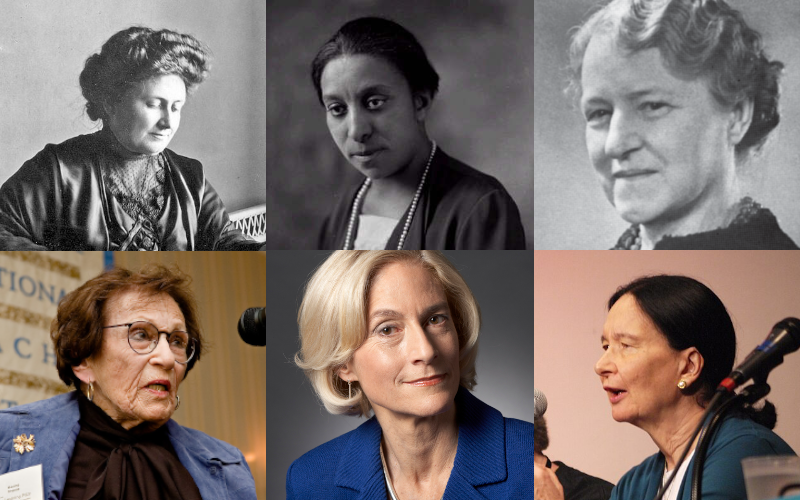Is it time to drop the terminology of ‘powerful knowledge’ in talking about the school curriculum?
By IOE Blog Editor, on 25 November 2025

Credit: Richard Stonehouse for UCL IOE.
25 November 2025
By John White
At the heart of the Curriculum and Assessment Review Final Report, Building a world-class curriculum for all, is the claim that the curriculum should be ‘knowledge-rich’ and ‘centred on powerful knowledge’. The government response endorses this, using the same two expressions. These terms were also used, in the same closely related way, in an address on ‘The importance of a knowledge-rich curriculum’ by the former Schools Minister, Nick Gibb, in 2021.
The idea that the curriculum should be rich in knowledge and based on powerful knowledge has been around since the Gove reforms of the earlier part of the last decade. How far will it shape curriculum policy in the last half of this one? (more…)
 Close
Close







 22 April 2022
22 April 2022
